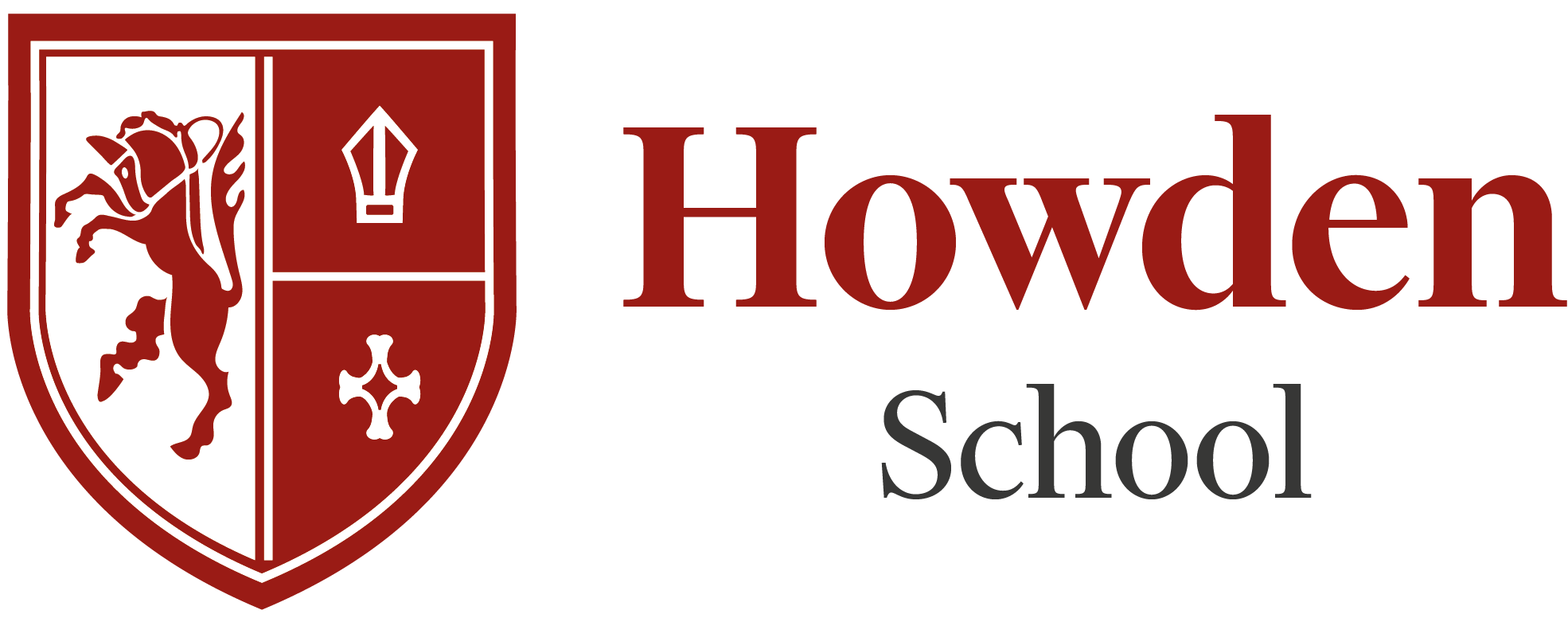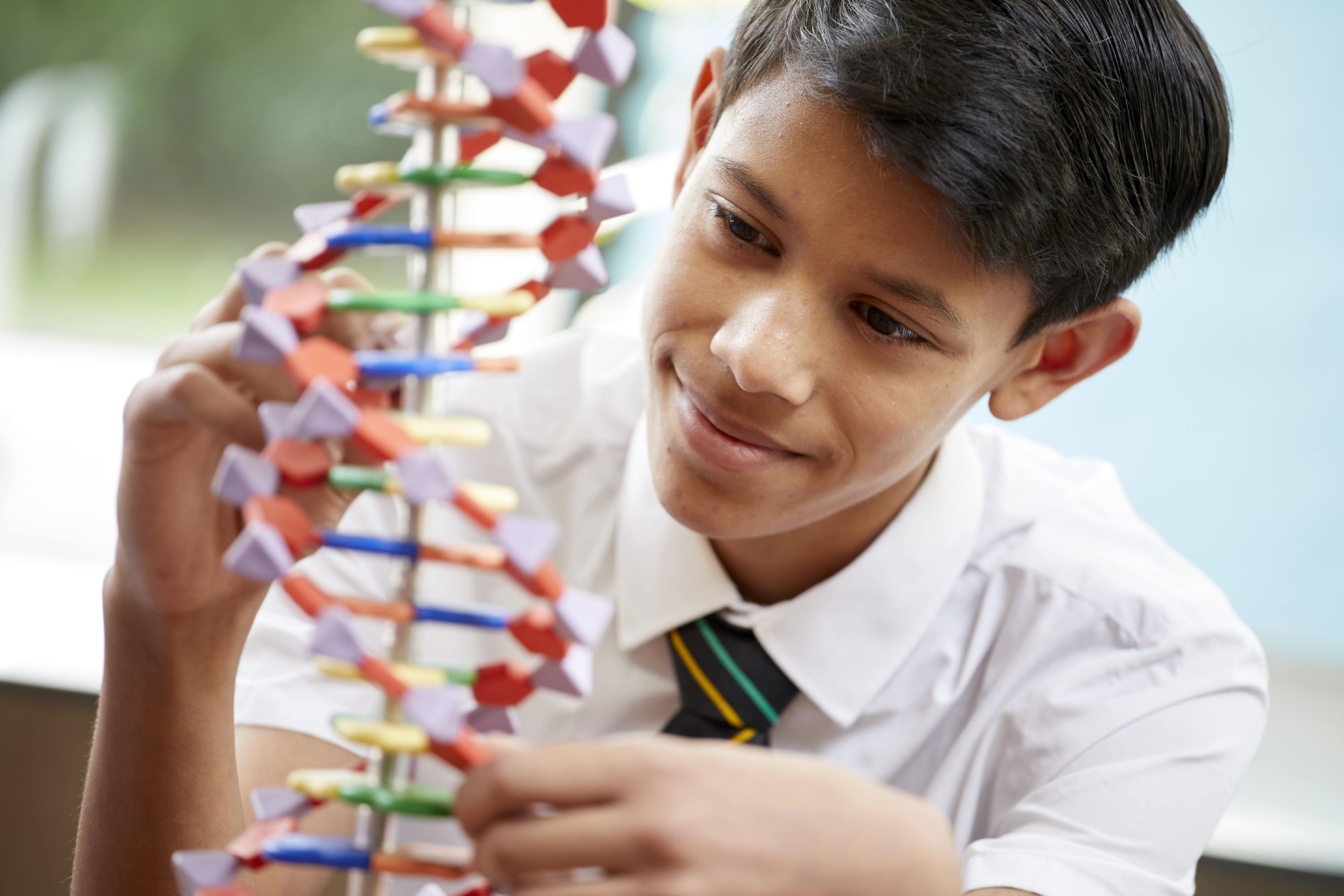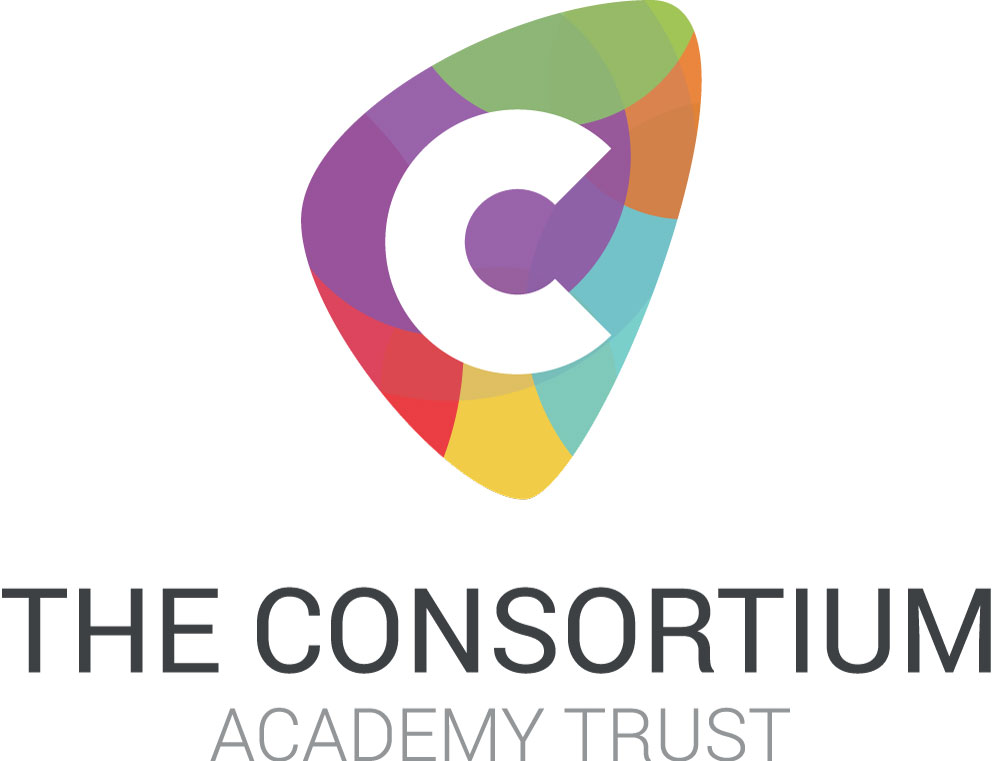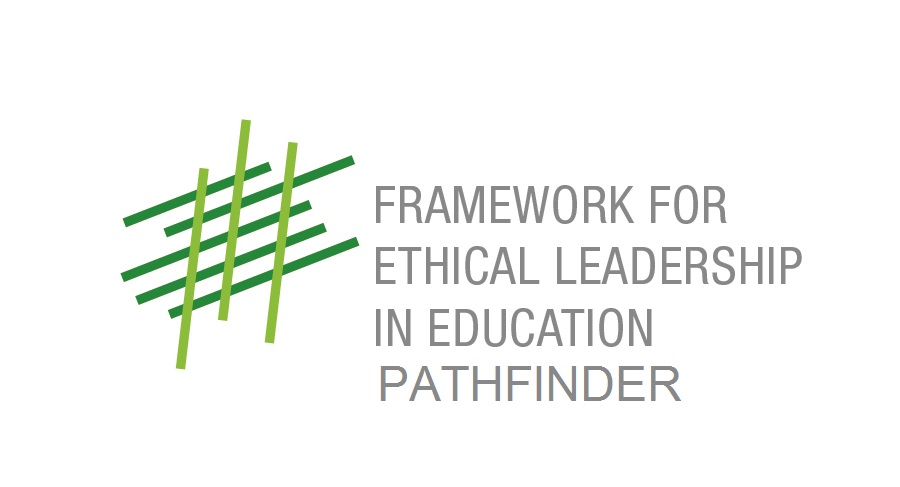Maths
'We strive to help students become comfortable and confident with mathematics, by encouraging a mastery of the subject through 'teaching for understanding'. This develops a broad and sound level of understanding of key mathematical concepts, and enables students to develop a fluency in the subject. We hope to provide students with a 'mathematical toolbox' full of skills from which they can choose the correct one to apply to solving problems.
We encourage an awareness and love of mathematics by linking the subject to everyday life, using examples of how mathematics is used in our daily lives, and how mathematics can be used to explain the world around us.
Opportunities are provided for our most talented students to study for qualifications beyond the normal GCSE mathematics course, including the further mathematics course. We actively encourage students to take their mathematics into further and higher education and we enrich their mathematical experiences further with participation in national competitions and visits to higher education conferences and events. We have a strong tradition of students from Howden choosing Mathematics at A-level.
The mathematics curriculum at Howden plays a key role in helping prepare young people for further and higher education. In addition, a strong mathematics qualification provides a route to economic stability and well-being in adult life, with potentially greater earning capacity and a broader range of career choices available to those who achieve this.'
Mr N Issatt, Head of Maths



